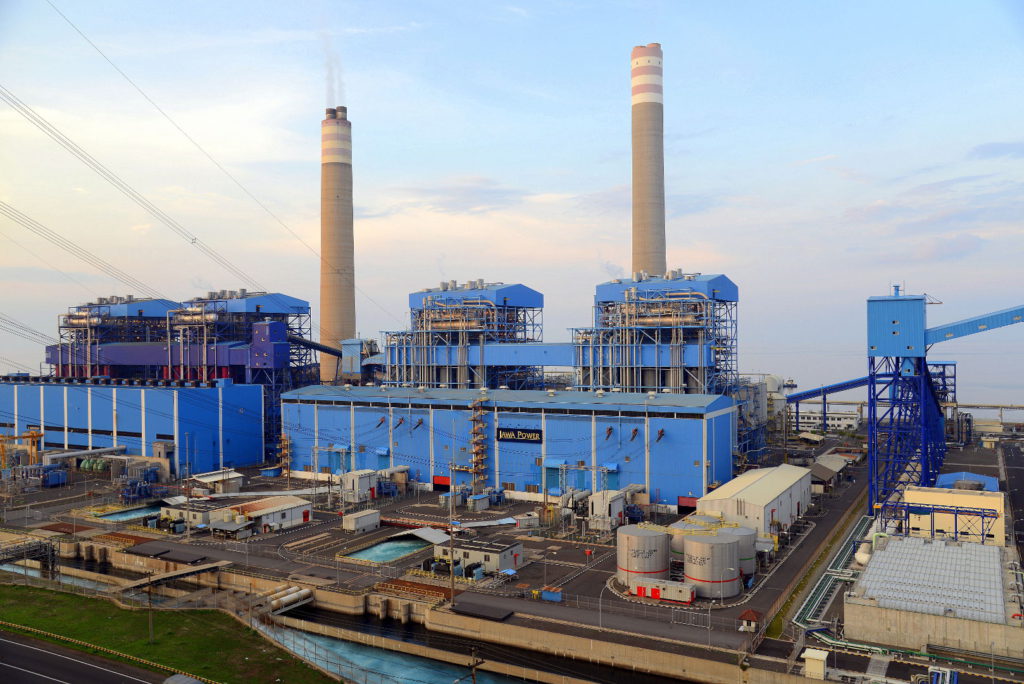Southeast Asia’s biggest economy needs $37 billion to shut coal-fired plants

Indonesia may only need $37 billion to shut down its coal-fired power plants, even if the bill doesn’t include building renewable energy to take their place.
That $37 billion worth of financing would be enough to buy out future revenues of 118 existing coal plants and up to 10 years of contracted coal power generation, meaning Southeast Asia’s largest economy could wean off the fuel by 2040, climate analytics company TransitionZero said in a report. That’s a decade earlier than the official target.
The sum excludes the cost of replacing those plants with renewable energy as Indonesia’s power overcapacity means there would be no immediate need, said TransitionZero analyst Jacqueline Tao.
Indonesia’s key challenge is in reducing emissions without disrupting economic growth that’s lifting millions of its people out of poverty. The government found muted interest from investors for its $600 billion plan to not only retire coal plants, but also develop renewable energy and expand its power network to meet Indonesia’s growing demand for electricity over the next two decades.
Creating jobs
Coal generates around half of the country’s electricity and produces 70% of carbon emissions from its power sector. As the world’s top thermal coal exporter, the dirty fuel is a cheap and abundant resource locally and state utility Perusahaan Listrik Negara is contractually tied to buy electricity from such power plants.
TransitionZero estimates that the clean energy industry could create six jobs for each one lost from closing coal plants. The company also named the facilities that are ready to be retired early, including Asam Asam power plant in South Kalimantan, Paiton power plants in East Java and Suralaya power plant in Banten. Shutting 118 coal plants would remove 1.7 gigatons of carbon dioxide, nearly triple Indonesia’s annual emissions, the report said.
Indonesia is still studying a plan to retire its coal-fired power plants early, said Dadan Kusdiana, who oversees electricity and renewables at the energy ministry. While the country does have power overcapacity right now, it needs to build up renewable energy capacity to meet future demand, he added.
(By Eko Listiyorini)
{{ commodity.name }}
{{ post.title }}
{{ post.date }}




Comments